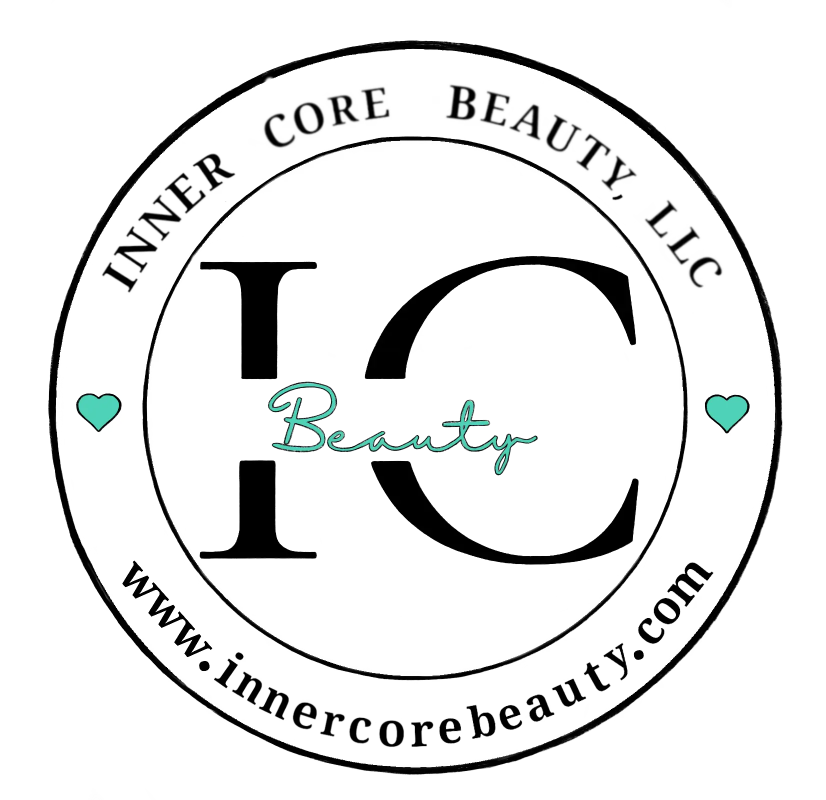Questions Answered
Microchanneling stimulates the scalp by creating tiny channels that trigger the body’s natural healing response. When paired with growth-factor serums, it helps awaken dormant follicles, improve circulation, and boost new hair growth.
It can stimulate dormant follicles, but if follicles are completely dead (e.g. shiny bald patches for years), results may be limited. A consultation is needed to determine follicle viability.
The serum is formulated with advanced growth factors and peptides that signal the scalp to rejuvenate and restore thinning areas. These bioactive molecules help calm inflammation, improve follicle function, and support healthy, fuller-looking hair—without harsh chemicals, hormones, or artificial additives.
There’s little to no downtime. Clients may experience mild redness or tightness on the scalp. It's advised to avoid washing the scalp for 12-24 hours, skip sweating/exercise, and avoid harsh products or oils for at least 3 days. For maximum results, purchase our aftercare serum.
Most clients report only mild discomfort — often described as a slight tingling or scratching sensation. If completely bald, there can be greater discomfort.
Some may begin to see new growth within the first 1–2 sessions, with more noticeable results by the 3rd or 4th. A minimum of 5 treatments spaced 2–4 weeks apart are recommended.
Hair regrowth from microchanneling can be long-lasting, but it’s not considered permanent without ongoing care. Maintenance sessions every 3–4 months may be needed to support sustained growth, especially in progressive hair loss.
It is normal to experience some hair shedding after Procell hair treatment. This shedding is typically temporary and a part of the hair growth cycle, as weaker or older hairs are shed to make way for new, healthier growth.
The treatment stimulates hair follicles, and some hairs may enter the telogen (resting) phase and be shed before transitioning into the anagen (growth) phase.
Ideal for men and women experiencing:
• Thinning hair
• Early-stage androgenic alopecia
• Traction alopecia
• Stress-related or postpartum shedding
Those who aren't good candidates include those with active inflammatory skin conditions, uncontrolled diabetes, bleeding disorders, active herpes simplex in the treatment area, and those who are pregnant or nursing. Additionally, individuals on certain medications like Accutane or those who have recently had a laser or deep chemical peel should also avoid the treatment.

